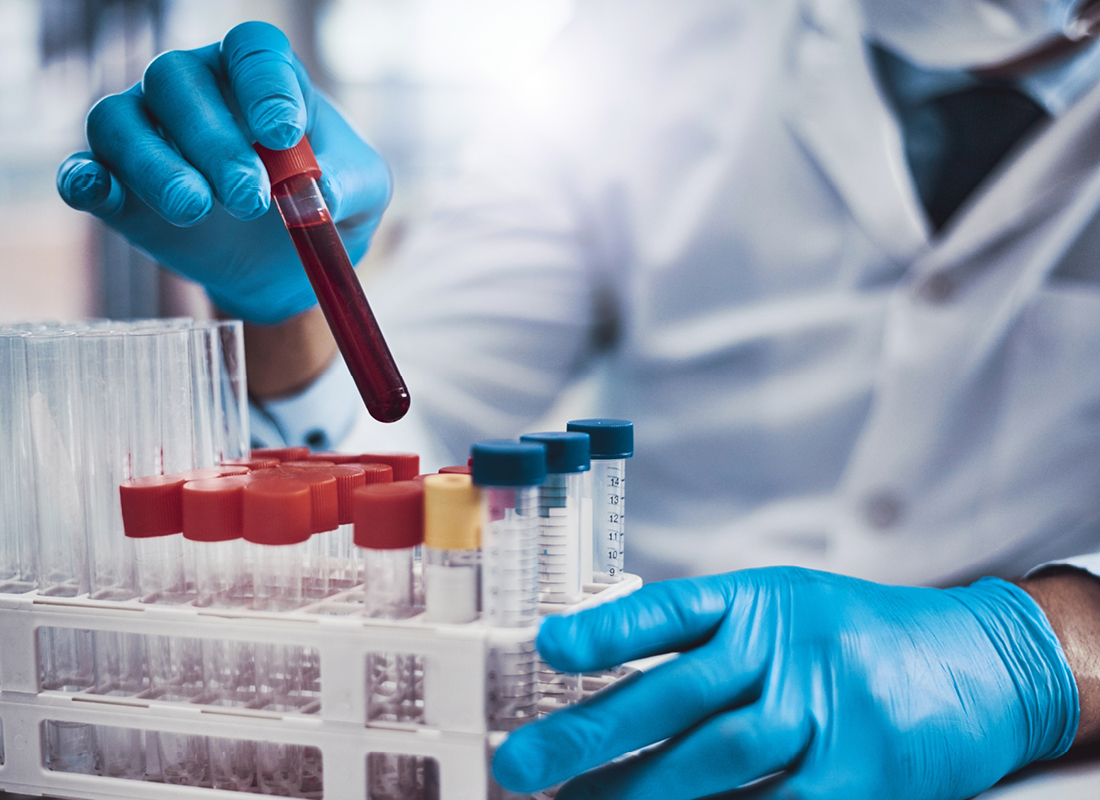Studies Address Impact of DTC Genetic Testing
From - Diagnostic Testing & Emerging Technologies Consumers buying direct-to-consumer personal genome tests (DTC-PGT) want to believe… . . . read more

Subscribe to Clinical Diagnostics Insider to view
Start a Free Trial for immediate access to this article